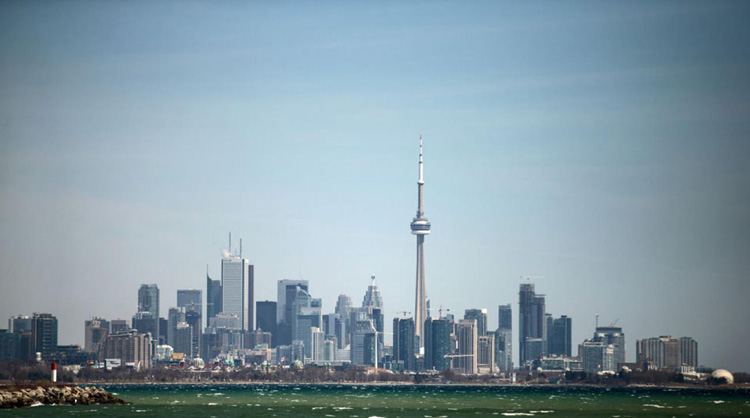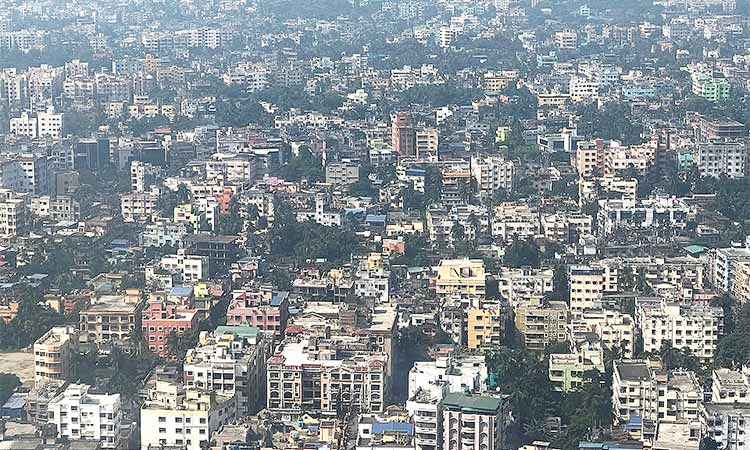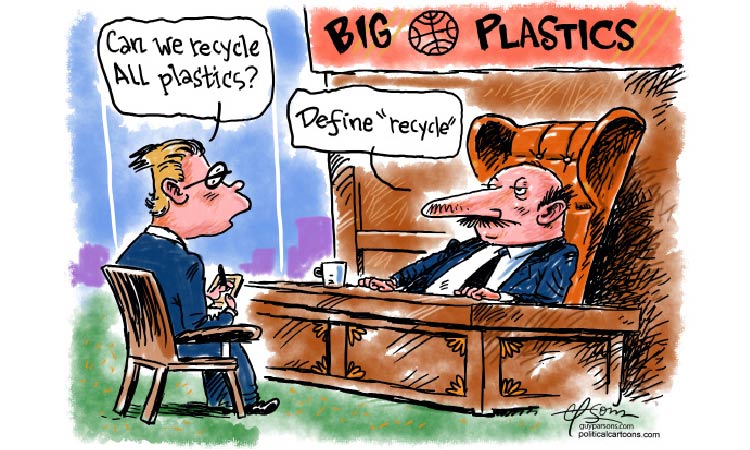Economic calculations on Canada's part

Toronto. AFP file photo
By Hamish McRae
There are two overriding features of the Canadian economy, and we are seeing their impact on politics right now. One is the dependence on the US market; the other, the need to support the Quebec economy.
The first has helped drive policy over the future of Meng Wanzhou, the chief financial officer of Huawei, who faces charges in the United States of violating US sanctions on Iran. The second explains the response of prime minister Justin Trudeau over the charges faced by the engineering giant SNC-Lavalin.
Dependence on the US economy is a fact of geography. Canada has the second largest land area of any country on Earth, but nearly all of that great mass of land is barely populated. Some 90 per cent of its people live within 100 miles of the US border. Its largest city, Toronto, is 80 miles from the border, its second largest Montreal, 40 miles, its third largest, Vancouver, 30 miles.
This leads to economic dependence, for the Canadian economy is essentially an extension of the US economy but under a separate constitutional jurisdiction. One statistic: three-quarters of Canadian exports go to the US.So when the United States sought to have Wanzhou detained when she flew through Vancouver airport, it was a straightforward decision for Canada to follow a law that obliged the country to accept the request and then hand over the decision as to what was to happen to its courts.
The Chinese authorities have reacted with fury, and there have been demonstrations by the Chinese community in Canada in protest, but the country can reasonably and correctly say that this is a legal process, not a political one.
Now look at Quebec vis-a-vis the rest of Canada. In the early years of the last century it was the dominant economy. Montreal was the largest city, and with a population of 470,000 in 1911 it was nearly 100,000 ahead of Toronto.
Now the positions are reversed, and though in the past decade Montreal has made something of a comeback - it is the second largest French-speaking city in the world after Paris - its 1.75 million population compares with the 2.81 million of Toronto. Supporting the Quebec economy is the key to facing off separatist pressures in Quebec.
SNC-Lavalin is one of the jewels of the Montreal economy, vying with the similar-sized Bombardier (also based in Montreal) as one of the two great Canadian industrial complexes. So when the engineering company found itself facing criminal charges for corruption and fraud, it is easy to see why Justin Trudeau, who is of course of French ancestry on his father's side, should incline towards finding some way of containing the crisis. The firm has 9,000 employees in Canada, and some 50,000 in total.
Thus, putting pressure on the then attorney general Jody Wilson-Raybould not to go ahead with the prosecution, then demoting her when she refused, might seem to make economic sense. But of course with the second cabinet resignation, that of the Treasury Board president Jane Philpott, Trudeau's own future is at stake.
The contrast with the Meng Wanzhou case is obvious. In one case you say this is a legal matter and it would be wrong for politicians to intervene. In the other you say there are, ahem, economic considerations that have to be taken into account, and accordingly some other procedure, in this case what is called “a deferred prosecution agreement”, would be more appropriate. Unsurprisingly the Chinese authorities have jumped on this.
I don't think it is helpful for a foreign journalist, even one who hugely respects Canada, to comment on the political implications of all this. From the outside it simply seems that Justin Trudeau has, like so many other charismatic politicians, fallen foul of excessive adulation. When the magazine Rolling Stone runs a hagiographic column about a politician, asking “Is he the free world's best hope?” as they did about Trudeau a couple of years ago, you know things will not end well.
What I find comforting is that Canada is showing up as a functioning democracy, with all the checks and balances that decent democracies embody. Canada is also an economic success story, whatever the outcome of these two legal cases, and will continue to be so.
The Independent



